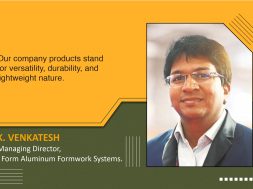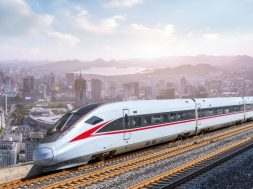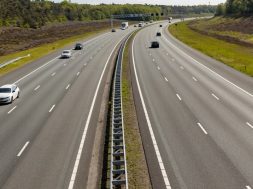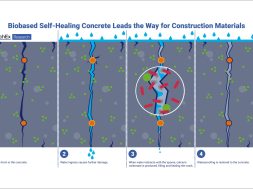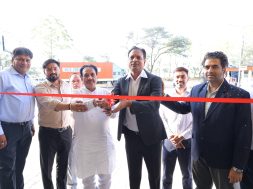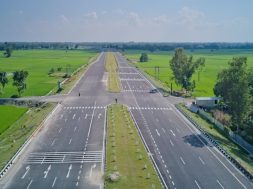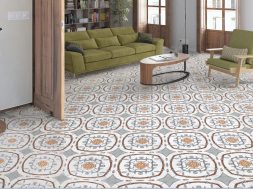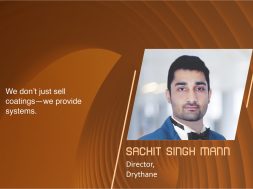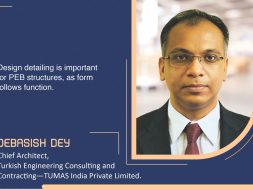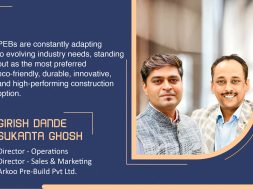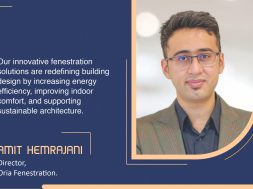Versatile, sustainable formwork solutions
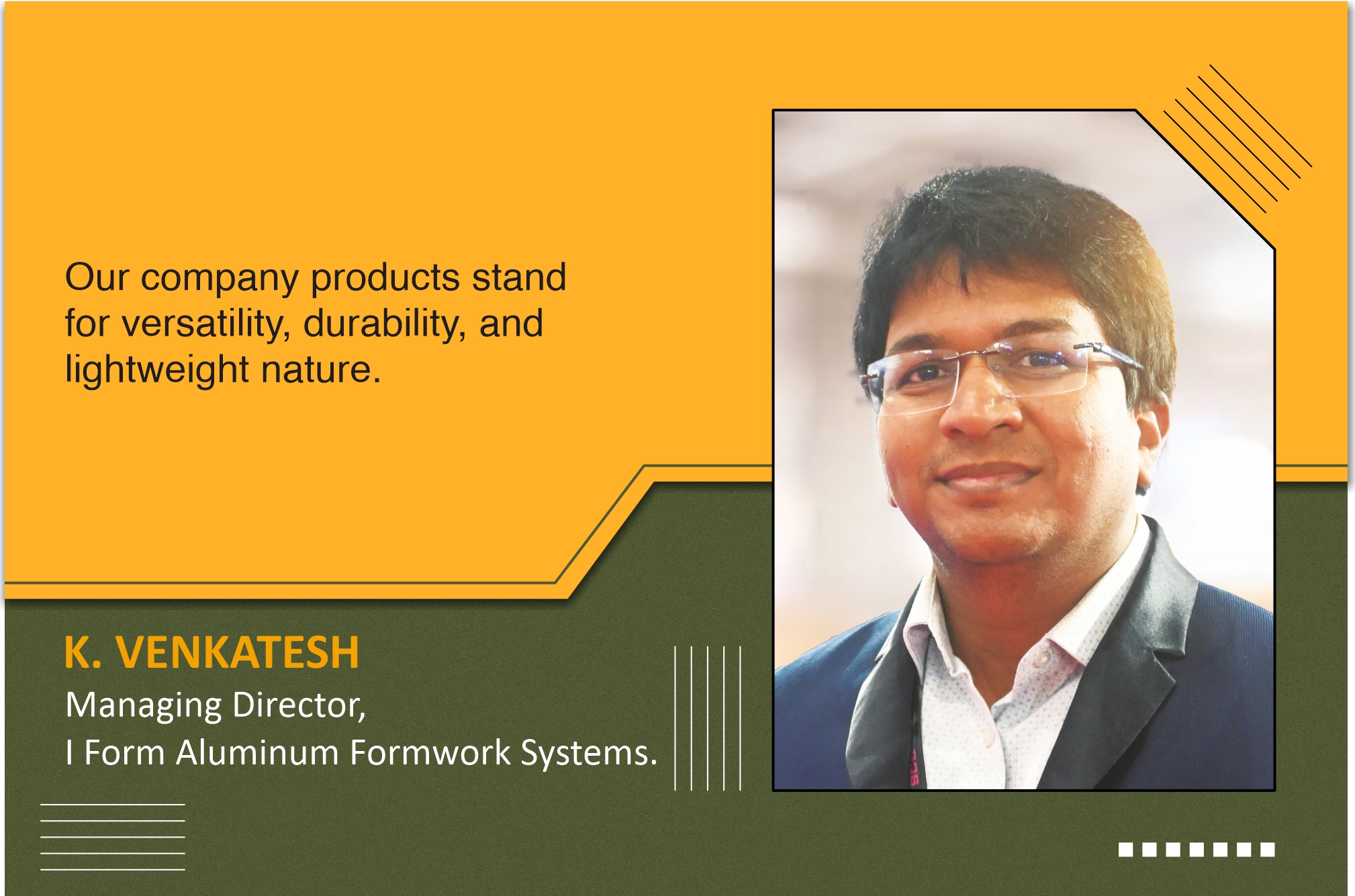
This interaction delves into I Form’s innovative aluminium formwork products for construction and why they are best suited for the construction industry.
What are the latest advancements in formwork materials offered by your company to improve the durability and performance at construction sites?
We use the 6061T6 grade aluminium alloy, which offers excellent mechanical strength and chemical properties suitable for the construction industry. As the material is subject to frequent movement by workers across floors, wear and tear is inevitable. To address this, we have adopted friction welding, which increases weld strength by 40 percent compared to regular welding methods. Additionally, we use thicker materials and sections to ensure the product’s longevity. We also pay attention to small details, such as adding extra reinforcement to components like beam bottoms and slab bottoms, which are critical for the durability and quality of the products.
Could you elaborate on how your formwork solutions contribute to cost efficiency throughout the construction lifecycle, from set-up to dismantling?
Aluminium formwork systems offer several advantages, including cost-effectiveness, time savings, and improved quality. For example, while conventional construction methods allow us to complete 1 to 1.5 slabs a month, at least 3 floors can be completed a month using aluminium formwork; the construction speed is 3X accelerated. This faster pace not only enhances the builder’s profitability but also benefits all stakeholders involved in the project.
How does the formwork system cater to the complete construction of complex sectors such as high-rise buildings, ensuring efficiency and structural integrity?
Almost 99 percent of high-rise buildings in Mumbai are constructed using aluminium formwork, a proven technology. We provide on-site guidance for the installation procedures for the first two floors. Once the metal panels are set, we permanently mark them to ensure easy handling and positioning by workers as the project progresses. This reduces the need for highly skilled labour and eliminates the need for tower cranes or heavy lifting equipment, making the construction process more efficient. Another advantage is the ability to create complex structures with ease. The technology is a boon for architects, who can propose innovative designs and collaborate with aluminium formwork suppliers to bring those to life. We aim to expand our reach beyond India, supplying high-quality aluminium formwork to countries like Malaysia and Korea.

In what ways do you leverage digital technologies such as BIM to streamline design and execution processes?
The manufacturing of aluminium formwork systems is in itself a complex process, with design at its core. We ensure that the design and the drawings are well coordinated, especially since architects and structural consultants already use automated software. Dealing with large-scale projects requiring thousands of panels and matching holes in these panels is a critical step, which is currently being addressed with automated software; we hope to see more advancements in this area soon. We have also streamlined the planning phase using software that tracks raw material receipts from day one, which helps us calculate raw material usage and minimise waste.
Can you walk us through your company’s steps to promote sustainable practices?
In India, traditional construction systems have relied on wood and bricks, which hurt the environment. Aluminium, however, is 100 percent recyclable and therefore sustainable. We focus on sustainability by using friction welding to manufacture almost 85 percent of our panels, which produces zero carbon emissions. We are proud to be the first in South India to adopt this method. We are committed to transitioning to 100 percent friction welding within a year. This effort aligns with global sustainability goals, including those set by the United Nations ESC (Environmental Sustainability Criteria).
For more details, visit: https://iform.co.in/
Cookie Consent
We use cookies to personalize your experience. By continuing to visit this website you agree to our Terms & Conditions, Privacy Policy and Cookie Policy.
